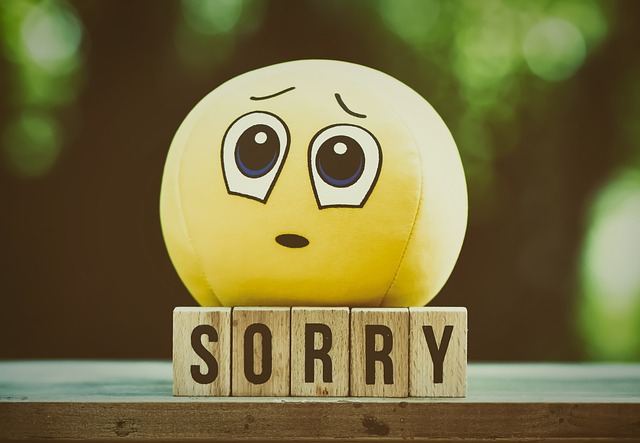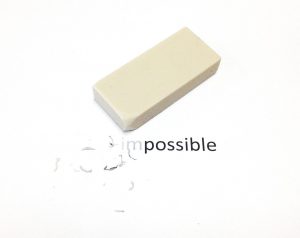Finding forgiveness, especially within yourself, is a deeply emotional journey that resonates with the core of who you are. And, to be honest, it isn’t easy!
Finding the courage to forgive yourself and others is an exceptional challenge, but it offers the benefit of liberating yourself and mending broken relationships (including the one you have with your younger self).
This journey towards forgiveness is also deeply rooted in the ideas of love and allowance, which pave the way for feelings of less isolation and more connectedness with the world around you.
Table of Contents
Finding Forgiveness
Forgiveness is an act of courage, a decision to let go of resentments and grievances that weigh heavily on the heart. It’s about acknowledging that holding onto anger and bitterness only imprisons one in a cycle of negativity. By choosing to forgive, one opens the door to healing and peace, both for oneself and others involved.
The journey begins with the understanding that forgiveness is not about condoning hurtful actions or denying the pain they caused. It’s about accepting what happened and choosing to rise above it.
This simple (yet difficult) act of acceptance is crucial because it shifts the focus from the past to the present, where healing can begin.
Learning to Forgive Yourself
One of the most profound acts of forgiveness is forgiving yourself. Chances are, you are your harshest critic, tightly gripping past mistakes and regrets. This self-imposed guilt can be paralyzing, preventing you from moving forward and embracing new opportunities for growth.
The essence of love and allowance starts with self-love and self-compassion. It’s about acknowledging your humanity, understanding that mistakes are part of the learning process, and allowing yourself to grow from them.
Forgiving Your Younger Self
Forgiving yourself also involves reconciling with your younger self – i.e., the person you were during those moments of error or misjudgment. It’s about extending the same kindness and understanding to that version of yourself that you would offer to a close friend in a similar situation. (Thinking about it in these terms is especially powerful, as you would never be so harsh or judgmental to someone you love. So, why, then, are we so hesitant to extend forgiveness to ourselves?) Celebrating reconciliation is a crucial step, as it symbolizes the acceptance and love you have for yourself, even with all of your bumps, bruises, and scars.
This process of internal forgiveness sets a powerful example for how to forgive others. When you’ve experienced the effects of forgiving yourself, extending that forgiveness to others becomes more desirable. You start to recognize that we’re all imperfect and vulnerable, which fosters empathy and understanding towards the mistakes people make.
Forgiving others is not just about the other person – it’s also about freeing yourself from the burden of negative emotions. It’s a gift you give to yourself, a way to detach from the pain and allow yourself to heal. This doesn’t mean you have to forget what happened or re-enter a harmful situation. Instead, it’s about making peace with the past so it no longer controls your emotions and reactions.
Discovering the Essence of Love and Connection
The essence of love in forgiveness is about seeing beyond the immediate pain and recognizing the potential for growth and connection. It’s about choosing to focus on the love and positive memories that exist, even in those flawed relationships. This perspective shift essentially gives you permission to embrace complex relationships with more compassion.
Forgiving yourself and others also reduces feelings of isolation. It reminds you that everyone makes mistakes and everyone has the capacity for change and redemption. This can actually be a source of comfort and connection, helping to repair and strengthen relationships. Celebrating this newfound connection, particularly with your younger self, can lead to a much greater sense of love and understanding.
Adding it All Up
Forgiveness is a pretty radical act of love – there’s no other way to explain it. It’s a journey that requires patience, understanding, and a willingness to embrace vulnerability. But the rewards are pretty great. They include a lighter heart, a clearer mind, and a deeper connection to yourself and others.
As you go down this path of forgiveness, remember that it’s a process, not a destination. There will be setbacks and challenges, but each step forward is a step towards a more loving and peaceful existence.
Have an open heart, and allow the essence of love and allowance to guide you toward the healing that forgiveness brings.
Featured Image by Alexa from Pixabay




